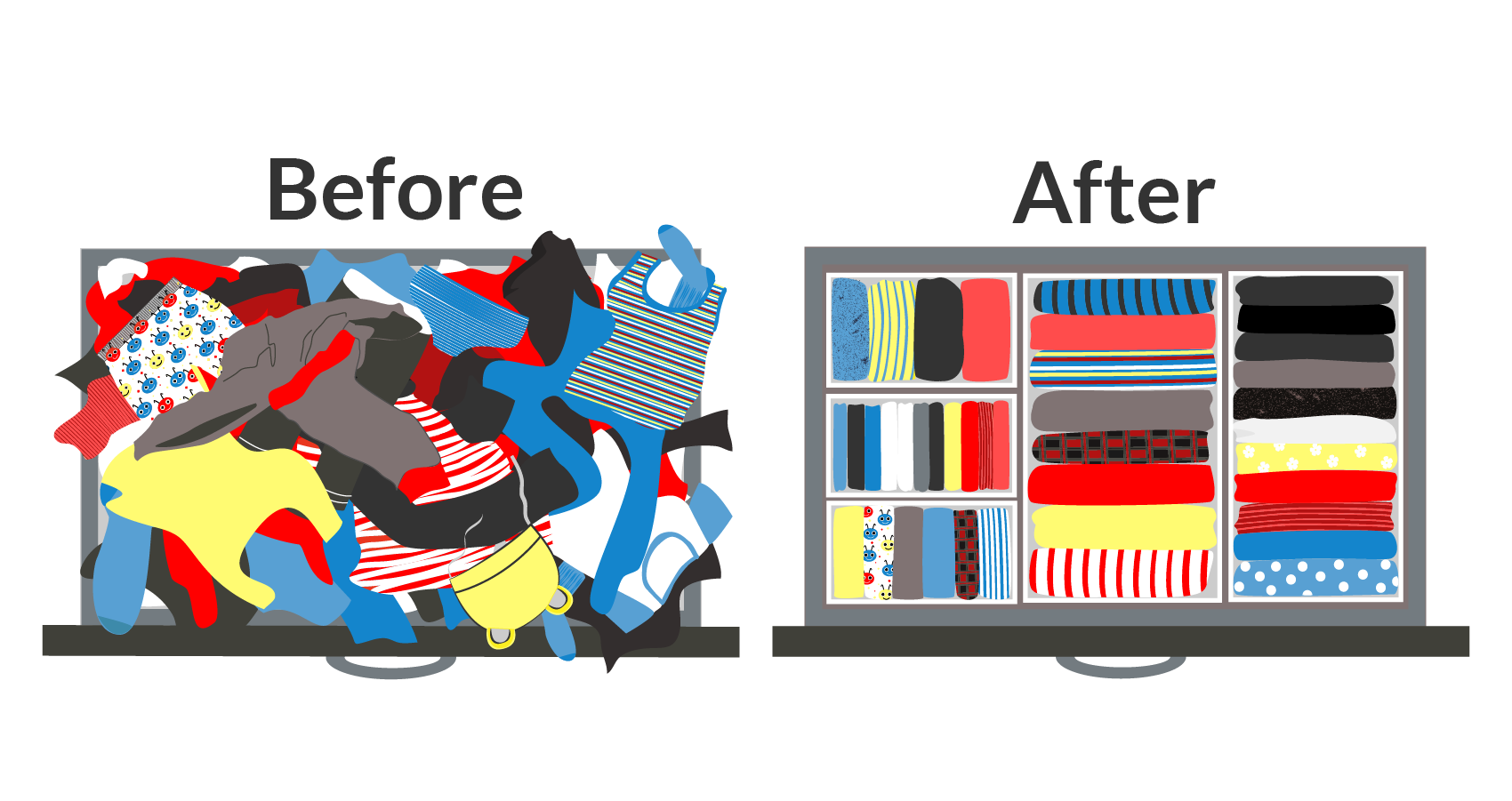
The new “essentialism” is having a moment. While many of us have been trying to cram in more — to fill every unfilled moment so that we’re more productive — some are starting to scale things back. To amble through life more slowly, focus on what’s important, take time to breathe.
The new year brought Marie Kondo to Netflix, and a flood of unwanted clothes to consignment shops. Kondo’s KonMari Method™ prescribes tidying by category, keeping only items that speak to the heart and discarding what no longer sparks joy. By creating more space in our physical homes, we’ll have more space in our hearts and minds for what we love.[1]
Greg McKeown’s book on Essentialism urges us in the same direction without explicitly focusing on “stuff.” He promotes the virtues of doing less but better, cutting out the trivial and spending our precious time on what delights us and reflects our best contribution to the world. Essentialism steers us from “the undisciplined pursuit of more” (p. 14) towards the “disciplined pursuit of less”(p. 24).
Reading McKeown’s book, I wondered whether his approach was simply advocating a strict life edit. Indeed, McKeown devotes a chapter to editing, describing it as “an Essentialist craft,” the art of “strict elimination of the trivial, unimportant, or irrelevant.” As editors, we carve away irrelevant words and tangents in our work, combing out tangles so that the meaning shines through.
If we’re accustomed to editing words, does this help or hinder us in minimizing life’s clutter? McKeown refers to the editor as someone who uses “deliberate subtraction” to add life to the ideas, setting, plot and characters in text. In cutting away the unnecessary, we invisibly add the essence of a script. But how does this work in practice when it comes to our broader work?
I would argue that there’s a certain privilege in pursuing only the non-trivial. We would all love to focus only on what we do best, but many don’t have the luxury. Whether we’re employed in-house or starting out as freelance editors trying to establish ourselves, we often take on projects that don’t showcase our core talents as we build up our portfolios. While there is value in following McKeown’s suggestions, it takes time to get to a professional place where we can say yes to only the meaningful.
The “less is more” mentality is catching on when it comes to stuff, words and our very lives. In this frenetic age where we’re bombarded with communications, each word is valuable, whether it be transmitted by voice, text or email. As people’s attention spans become increasingly divided, our words must carry more weight to be noticed. There is no question that the essentialist craft of editing is an important one, and if we can apply its key principles, we can take steps towards leading more carefully curated lives with more space to pursue what we love.
___
[1] Kondo was recently under fire from book lovers who insisted that we should keep our books regardless of whether or not they “spark joy.”
___
Previous post from Marianne Grier: Google as the Editor.
The Editors’ Weekly is the official blog of Editors Canada. Contact us.
Discover more from The Editors' Weekly
Subscribe to get the latest posts sent to your email.
